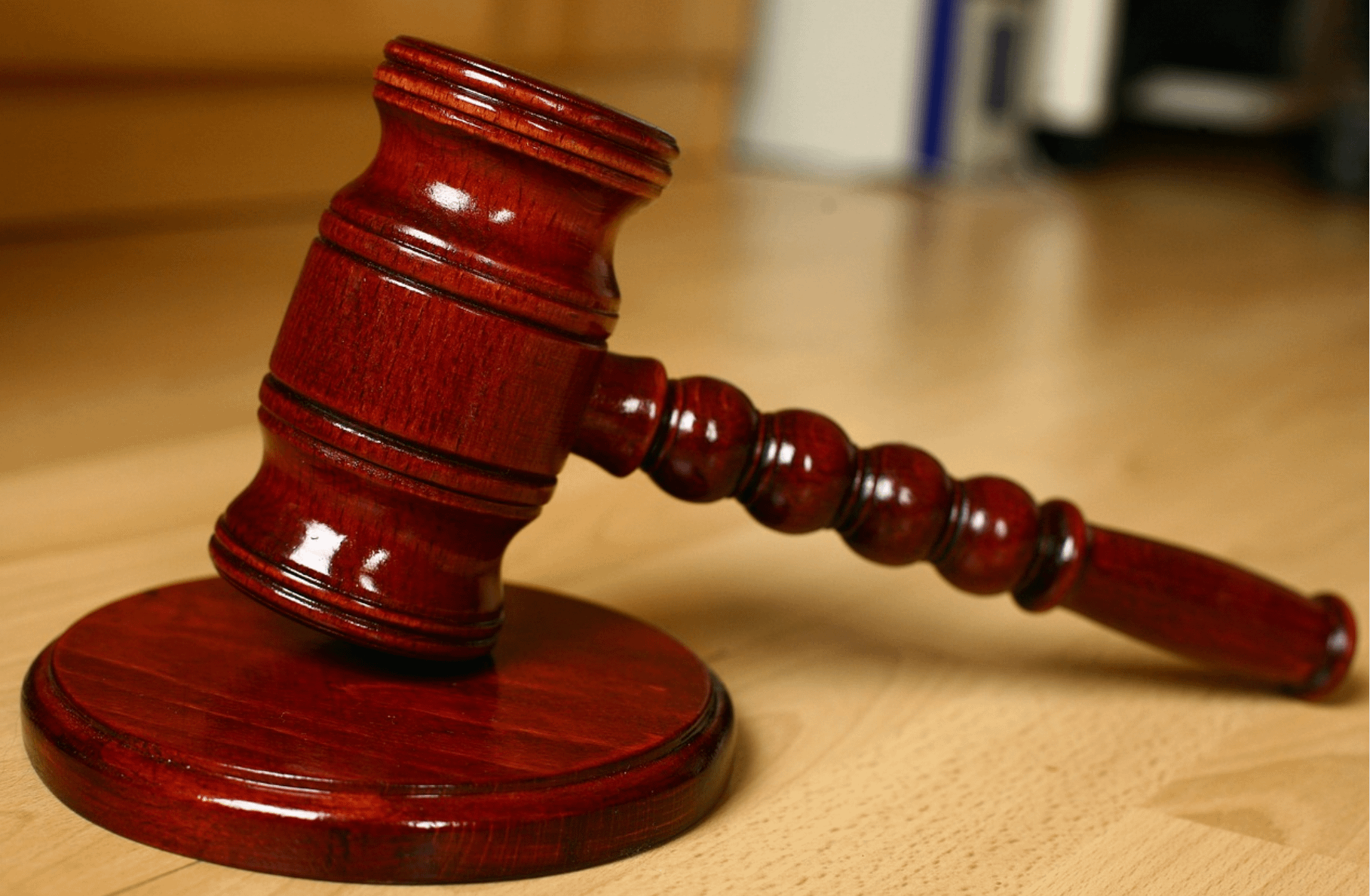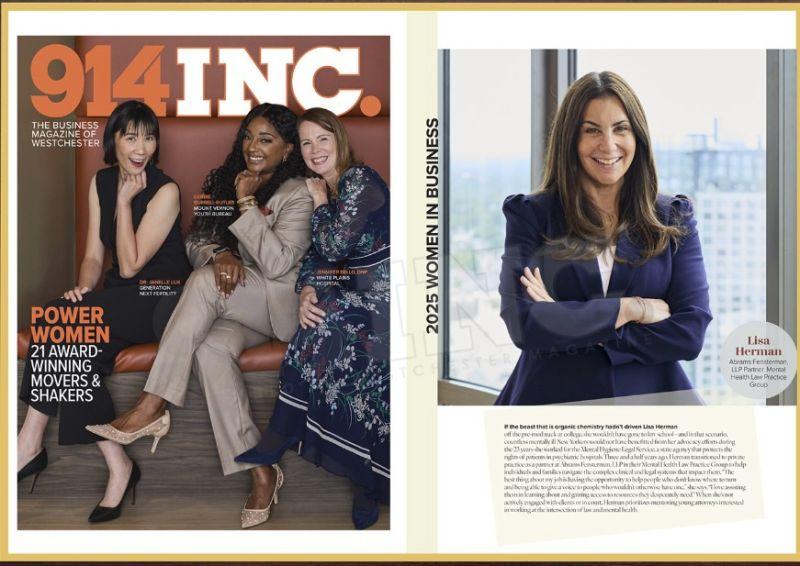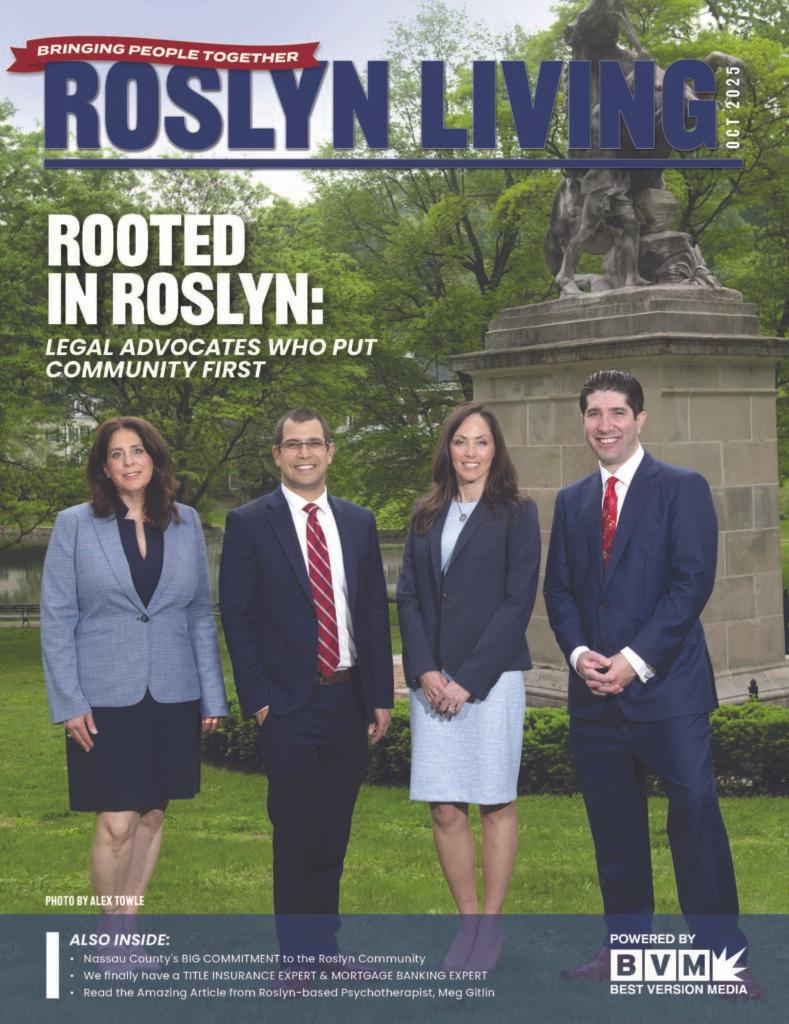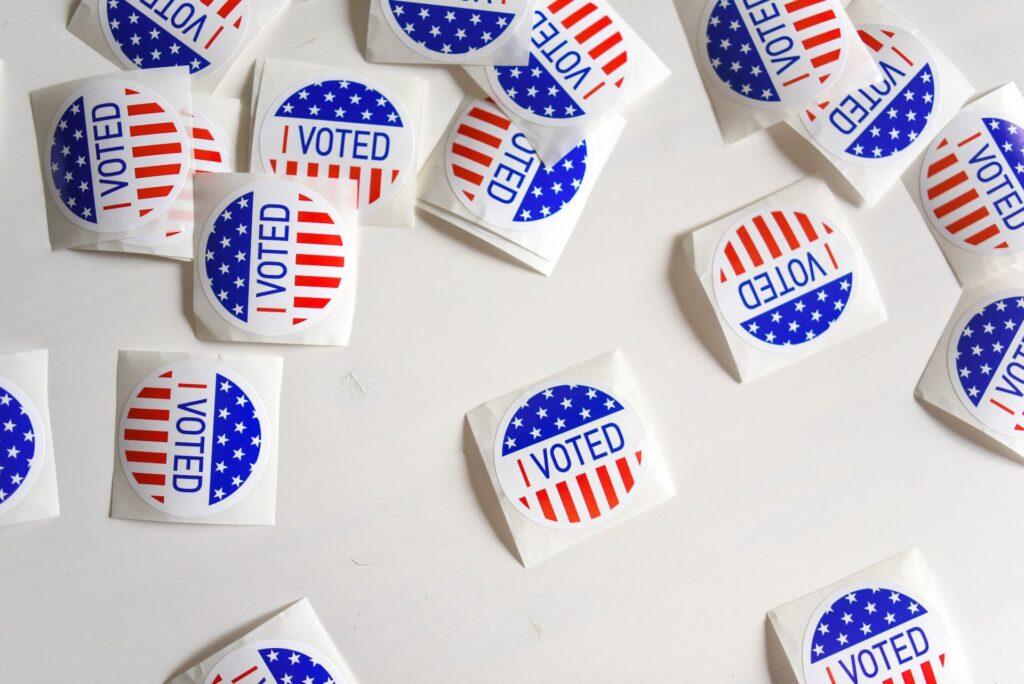By Justin Kelton
Employment relationships are breeding grounds for defamation claims since a person’s reputation (a major focus of defamation claims) is often closely intertwined with their employment. And defamation claims have been gaining attention recently, with a series of high-profile cases going to trial, resulting in some very significant verdicts. In this high-risk environment, businesses and executives should cultivate a solid understanding of defamation law so they can avoid, or defeat, these claims.
Employers’ Liability for Statements Made during Internal Investigations
Can a business be liable for statements made while investigating claims about an employee’s misconduct? Employers enjoy substantial protections in this context, but those protections are not absolute.
It has long been recognized in New York that employers and executives generally cannot be subject to liability for defamation arising from statements made in the course of internal investigations and employee discipline. See Boyle v. Stiefel Lab’ys Inc., 204 A.D.2d 872, 875 (3d Dep’t 1994). Statements about an employee’s conduct, if made by a person with an interest in the subject and told to others with a corresponding interest, are subject to a qualified privilege. Id. This qualified privilege generally protects both employees who report misconduct by other employees, and employees investigating alleged misconduct. Id.
But the qualified privilege is just that—qualified. There are exceptions. For example, liability may arise where statements are published with “actual malice,” i.e., “personal spite, ill will, culpable recklessness or negligence,” or if “the statements were so vituperative in their character as to justify an inference of malice.” Boyle, 204 A.D.2d at 875 (citing Misek–Falkoff v. Keller, 153 A.D.2d 841)). Additionally, the tone of an employer’s remarks can be relevant to the issue of malice. The Appellate Division, First Department has recognized that an inference of malice may arise where statements are “intemperate or vituperative” so as to justify an inference of malice overcoming the privilege. McNaughton v. City of New York, 234 A.D.2d 83, 84 (1st Dep’t 1996).
Employers’ Liability for Statements about Former Employees
Statements about former employees do not enjoy the same degree of protection as statements about current employees. Liability may arise where statements are “disseminated to any prospective employers.” Boyle, 204 A.D.2d at 875 (citing Grynberg v. Alexander’s Inc., 133 A.D.2d 667, lv. denied 70 N.Y.2d 616). Likewise, statements made to trade publications generally will not be protected by the qualified privilege. Spivak v. J. Walter Thompson U.S.A., Inc., 258 A.D.2d 364, 364 (1st Dep’t 1999) (unanimously affirming denial of motion to dismiss defamation claim based on statements by plaintiff’s former employer that were published in AdWeek and the Delaney Report).
Companies may also face exposure if they make allegedly defamatory statements about a former employee for anticompetitive business purposes. For example, in Hillel v. IQVIA, Inc., the Second Circuit recently reinstated defamation claims based on the plaintiff’s allegation that her former employer made defamatory statements about her in order to shake her new employer’s confidence in her, undermining the new employer’s ability to compete at a critical time. 2022 WL 905852, at *2 (2d Cir. Mar. 29, 2022) (holding that allegedly defamatory statements were made in an “anti-competitive context” and there is “is no qualified privilege to make a defamatory attack merely to protect one’s business interest.”) (citation omitted); see also Liberman v. Gelstein, 80 N.Y.2d 429, 437 (1992). The Second Circuit held in Hillel that statements made to impede competition are “not related to the flow of information between persons sharing a common interest.” Hillel, 2022 WL 905852, at *2 (citation omitted).
Employers’ Liability for Statements Made by Employees in the Course of their Work
An employer may also be liable under a theory of respondeat superior “for the intentional torts of its employees when done within the scope of employment.” Votsis v. ADP, LLC, 187 A.D.3d 1490 (4th Dep’t 2020) (citations omitted). An act is considered within the scope of employment if it is performed while the employee is engaged in the business of the employer, or if the act is necessary or incident to the employment. Id. “The employer may be held liable when the employee acts negligently or intentionally, as long as the tortious conduct is generally foreseeable and a natural incident of the employment.” Gardner v. Gotham Per Diem, Inc., No. 100710/2016, 2022 WL 1034975, at *6 (N.Y. Sup. Ct. Apr. 06, 2022) (citing Judith M. v Sisters of Charity Hosp., 93 N.Y.2d 932, 933 (1999)). Conversely, if an employee “acts independently” and “departs from the line of duty so that his or her acts may be deemed to constitute an abandonment of service,” the employer will not be liable. Id.
Thus, in Votsis, the Appellate Division reinstated a claim for libel against ADP based on statements made by one of its employees who reviewed a restaurant’s business records in order to prepare a price quote for ADP’s services, and published a post accusing the restaurant of health code violations, mistreatment of staff, and criminal activity. 187 A.D.3d 1490. In allowing the claim to proceed against ADP, the court noted that the employee had reviewed the business records in the course of his employment, and the employer (ADP) encouraged the employee to use social media and was aware of his conduct. Id.
The Takeaway: Stay Diligent to Avoid Liability
Businesses and executives often make statements that can have major impacts on the reputations of their employees, customers, competitors, and others. Making these statements is a high-stakes proposition: with defamation lawsuits increasing and verdicts soaring, there is no room for error. New York law provides significant protections for certain legitimate investigatory, disciplinary, and other speech by employers, but those protections are not absolute, and a misstep can lead to a costly defamation lawsuit. Therefore, companies should consult with counsel experienced in the law of defamation, libel, slander, and First Amendment, so that they can avoid, or if necessary defeat, these claims.
Justin T. Kelton is a partner at Abrams Fensterman, LLP, where he is Co-Chair of the firm’s litigation department. His practice focuses on complex commercial litigation, and he has substantial experience in high-stakes defamation matters. He can be reached at 718-215-5300 or [email protected].
Reprinted with permission from the November 7, 2022 edition of The New York Law Journal, © 2022 ALM Media Properties, LLC. All rights reserved.
Further duplication without permission is prohibited. ALMReprints.com – 877-257-3382 – [email protected].





